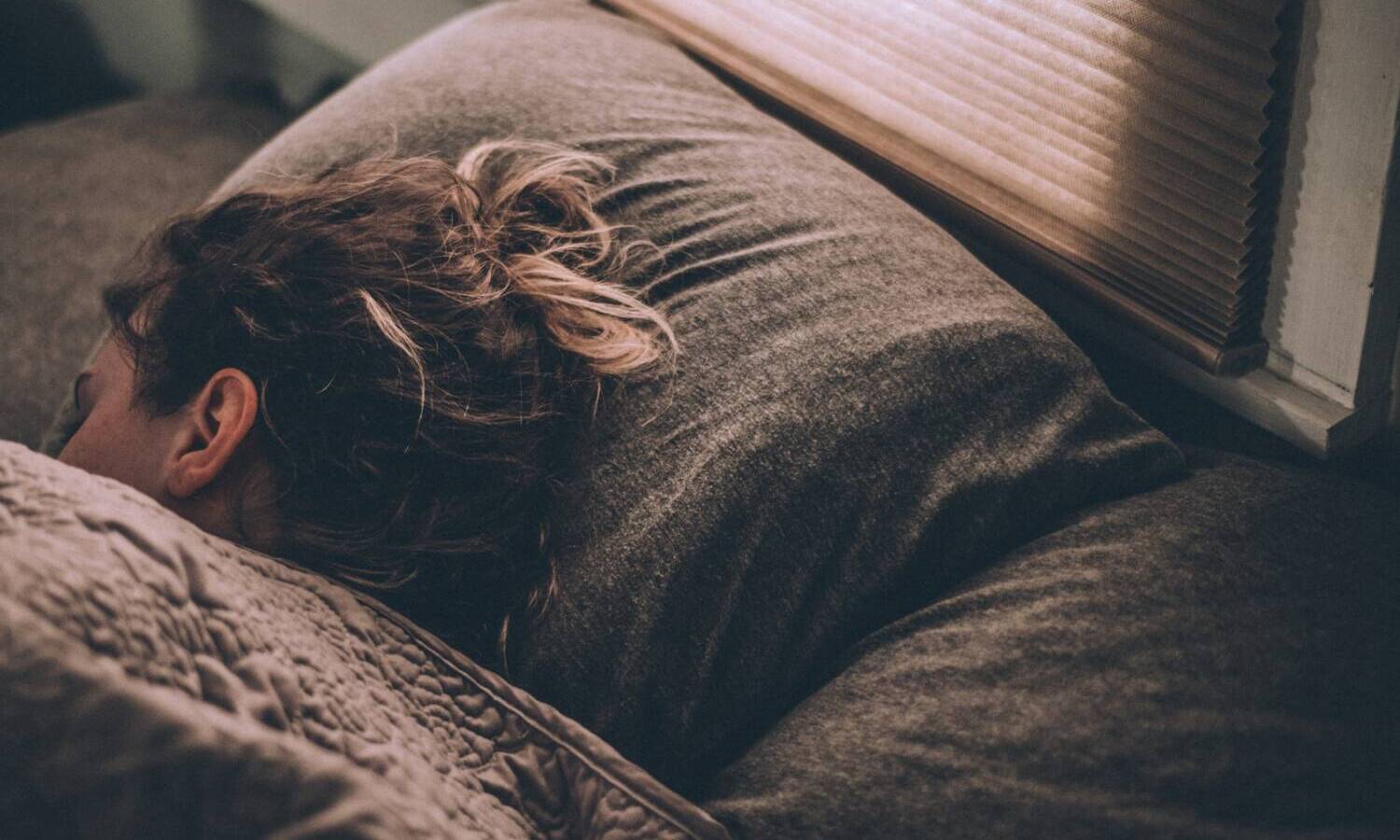
Medical Cannabis and Sleep Disorders: What Do We Really Know?
Through
Although medical marijuana is often recommended to treat sleep disorders, anxiety, and some forms of epilepsy, a new review published in the journal Nature and Science of Sleep confirms that more research is needed.
However, the review, which analyzed studies from PubMed, Web of Science, Google Scholar and Scopus, found promising results, the American Journal of Managed Care reported.
Photo by Jamie Street via Unsplash
The study examined clinical research using preclinical data from research on narcolepsy, obstructive sleep apnea (OSA) and idiopathic hypersomnia.
What we know so far
The results are mixed and on different parameters. For example, the effect of CBD on sleep quality varies, with a recent study by Linares et al. showed no relevant effects in any way on sleep quantity or architecture.
According to the review, there were no studies that suggested an improvement in time to fall asleep (sleep latency, or SOL) after consuming THC, although one study showed a reduction in waking time after falling asleep (WASO).
What about THC and insomnia?
This relationship has been examined in several studies, with one showing a decrease in SOL by 43 to 62 minutes after consuming THC compared to a placebo. On the other hand, THC had no effect on the number of awakenings or waking time. It also found that side effects were more common with higher doses.
RELATED: Why the latest study saying cannabis is bad for sleep is deeply flawed
Some studies have also shown an improvement in symptoms associated with insomnia with the help of nabilone (synthetic THC), while no data have been presented that CBD is helpful in this sleep disorder.
“The American Academy of Sleep Medicine currently advises against the routine use of medical cannabis and/or its synthetic analogs for OSA treatment based on the limited evidence regarding efficacy and safety,” the review noted.
It also provided promising results on dronabinol (a man-made form of THC) and its effect on the apnea-hypopnea index (AHI). It also mentioned a study that found nabilone to have positive effects on nightmare discomfort associated with post-traumatic stress disorder.
 Photo by Lux Graves via Unsplash
Photo by Lux Graves via Unsplash
It’s important to note that the review only focused on research that focused on sleep or sleep disorders, but sleep may also be improved by cannabinoids used to treat pain. The authors noted that this patient group should be studied in the future.
Conclusion
Authors concluded that “there is currently insufficient evidence to support the clinical use of cannabinoids as a safe and effective routine treatment for sleep disorders. However, encouraging results from recent studies related to some disorders suggest that elucidating the potential role of cannabinoids in the treatment of sleep disorders is warranted.”
The conclusion is consistent with recent studies showing the not-so-favorable relationship between cannabis and sleep, such as one showing that recent marijuana use is associated with extreme nocturnal sleep patterns and duration.
Therefore, the conclusion is reinforced – more research is crucial.
This article originally appeared on Benzinga and has been republished with permission.

Post a comment: